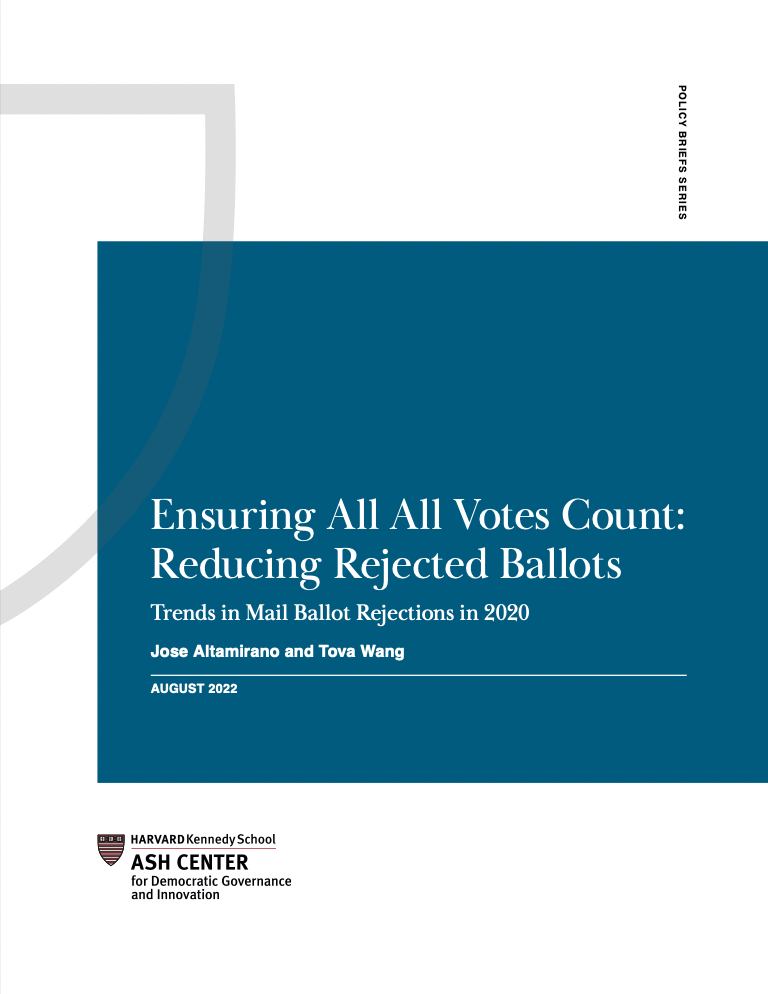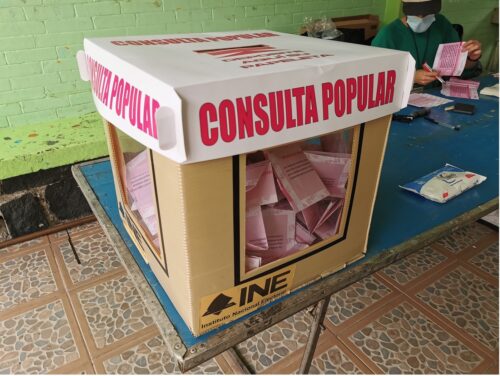
Feature
How Portland, Oregon Embraced Voting Reform — and Democratic Innovation
Portland, Oregon passed one of the most progressive voting reforms in the country. Max Kiefel, Nick Chedli Carter, and Archon Fung explore the motivating factors behind this big change.





